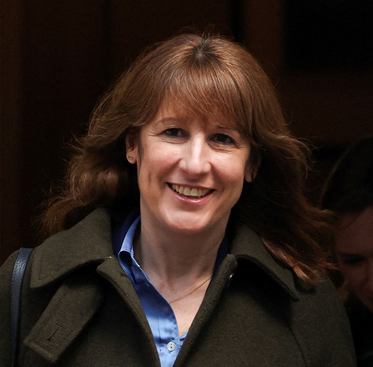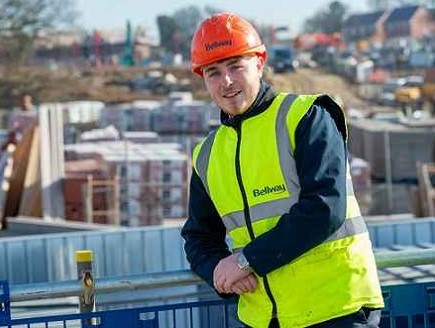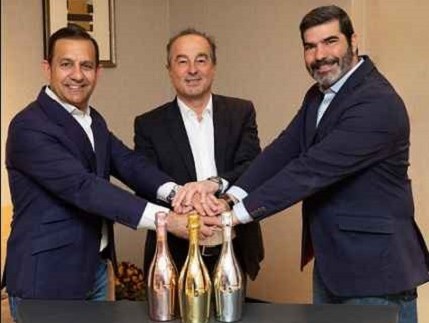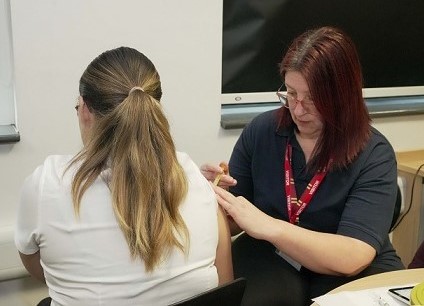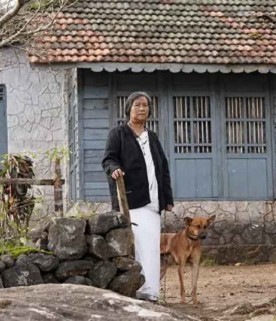A new dawn is breaking over the West Midlands as the region records a remarkable £120 million uplift in its economy, powered by a people-focused programme that’s changing lives, one job and one opportunity at a time.
At the heart of this revitalisation is the Economy, Trade and Tourism Programme, spearheaded by the West Midlands Combined Authority (WMCA) and supported through the Commonwealth Games Legacy Enhancement Fund. Designed not merely as an economic initiative but a human investment strategy, the programme is delivering on its promise to transform communities, ignite industries, and most importantly, restore hope.
The numbers tell a powerful story: over 250 businesses supported, 12,000 jobs created or safeguarded, and 11,000 people trained or placed on career-changing pathways. Behind these figures are families lifted out of hardship, young people finding their first break, and struggling businesses now thriving with new markets and fresh investment.
“We’ve seen a real boost to our arts, culture and tourism too, with major events bringing in visitors and shining a light on local talent,” said Mayor Richard Parker (pic), whose ‘Growth for Everyone’ agenda is rooted in fairness and forward-thinking.
And shine a light it did. From the vibrant ‘Black Country Festival’ to the electric atmosphere of the ‘Kabaddi World Cup’ and the inclusive spirit of ‘Birmingham Weekender’, over 300,000 people flocked to 10 cultural and sporting events, adding a further £19 million to the regional economy and injecting pride into local identities.
For Ashok Das, president of both the England Kabaddi Association and World Kabaddi, this was more than an event—it was a generational moment. “Hosting the Kabaddi World Cup here was an honour,” he said with a beaming smile, flanked by national team captains Athira Sunil and Hardeep Singh.
“The Commonwealth Games legacy funding made it possible to put our sport and region on the global map. It’s ignited interest locally, especially among young people.”
But the success story goes deeper. Fifty high-growth potential businesses received tailored support, expected to boost investment and turnover by an estimated £20 million.
At the community level, 150 social enterprises—from grassroots charities to co-operative cafés—saw a combined income rise of £8 million, resulting in 215 new jobs. In a region once beleaguered by industrial decline, these numbers represent more than economic metrics—they are a measure of resilience, revival, and real change.
They reflect people like Aisha, a single mother from Walsall who retrained through one of the WMCA-backed skills programmes and now works as a digital marketing executive. “I was stuck,” she shared with tears of gratitude.
“The support helped me get back on my feet. Now I’m not just surviving—I’m thriving.”
The initiative’s impact reaches even into the creative industries, where over 100 early- and mid-career freelancers and cultural organisations received grants and business support, enabling them to weather post-pandemic challenges and bring colour back to high streets and performance venues alike. Two key legacies of the Birmingham Commonwealth Games—Sandwell Aquatics Centre and Alexander Stadium—are not being left idle either.
Both are receiving funding to stay active, serve local communities, and prepare for upcoming global events like the 2026 European Athletics Championships, ensuring that their world-class facilities continue to give back. Mayor Parker’s regional growth plan now has strong foundations to build upon.
“After years of stagnation, the West Midlands economy is finally picking up pace,” he affirmed. “This programme has shown us what’s possible when we work together—businesses, local government, and communities—to deliver for real people.”
And the work doesn’t end here. Through ‘Business Growth West Midlands (BGWM)’, businesses continue to receive support to scale, digitize, adapt to new supply chains, and unlock funding.
Meanwhile, local residents are being offered not just training, but a vision—a chance to belong to a region where prosperity is not a privilege, but a shared promise.


